🏆 Awards & Honors
World Food Prize, Rafi Ahmed Kidwai Award, Swamy Sahajanand Saraswati Extension Scientist/ Worker Award etc.
World Food Prize
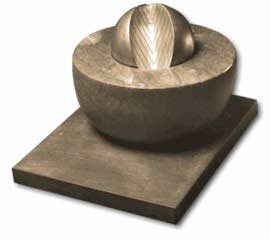
World Food Prize
- This is an international award recognizing the achievements of individuals who have advanced human development by improving the quality, quantity, or availability of food in the world.
- Since 1987, the prize has been awarded annually to recognize contributions in any field involved in the world food supply: '
- Animal Science/Aqua Culture
- Soil Science/Water/Conservation
- Nutrition/Health
- Plant Science/Seed Science
- Plant Pathology/Crop Protection
- Food Technology/Food Safety
- Policy/Research/Extension
- Infrastructure/Emergency Relief &
- Poverty Alleviation/Hunger
1987: Prof. M. S. Swaminathan (Indian Scientist 🇮🇳)
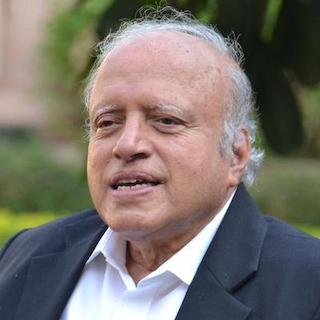
For introducing high-yielding wheat and rice varieties to India starting India’s Green Revolution. He becomes first scientist and first Indian to get World Food Prize.
1989: Dr Verghese Kurien (Indian Scientist 🇮🇳)
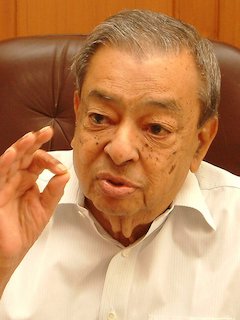
India Founder of Operation Flood the largest agricultural development program in the world made the farmer the owner of his cooperative, cutting out middlemen. India emerged as the largest producer of milk in 1998 from milk scarcity when he started.
1996: Dr Henry Beachell (USA 🇺🇸) & Dr Gurdev Singh Khush (Indian Scientist 🇮🇳)
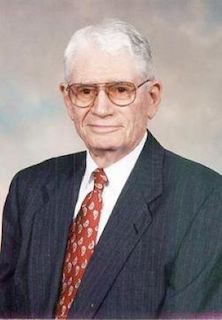
G.S. Khush is an agronomist and geneticist who, along with mentor Henry Beachell, received the 1996 World Food Prize for his achievements in enlarging and improving the global supply of
Riceduring a time of exponential population growth. During that time he played a key role in the development of more than 300 innovative rice strains such as Semi-dwarf IR36 which were knwon as “miracle rice”.
Henry Beachell developed IR-8.
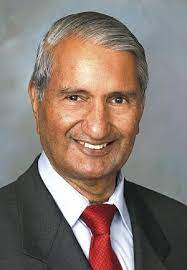
1998: Dr B. R. Barwale (Indian Entrepreneur 🇮🇳)
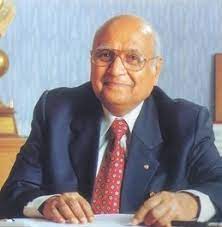
Mr. Badrinarayan Ramulal Barwale was founder of independent seed company Mahyco, strengthening seed supply in India. He got WFP for his work in providing affordable, high-yield seed varieties and agronomic training to farmers across India.
- 👨👦👦 He is widely regarded as the father of the Indian seeds 🌱 industry,
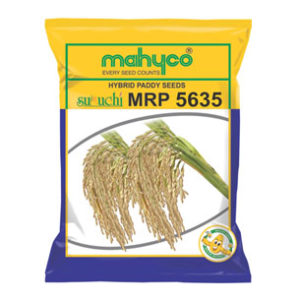
2000: Dr Evangelina Villegas (Mexico 🇲🇽) & Dr Surinder K. Vasal (Indian Scientist 🇮🇳)
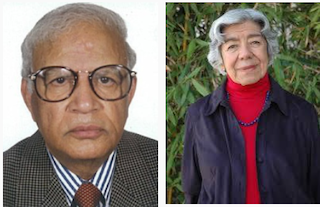
For developing high quality protein maize (QPM) i.e. developing a maize variety with higher content of usable protein. This is also referenced as “miracle maize” because of its role in alleviating malnourishment. In addition to improving the nutritional value of maize, its productivity was also increased. These two scientists whose decades of research and leadership in improving the productivity and nutritional content of maize have improved the diets of millions of the world’s most underfed and poorly nourished citizens.
2005: Dr Modadugu Vijay Gupta (Indian Scientist 🇮🇳)
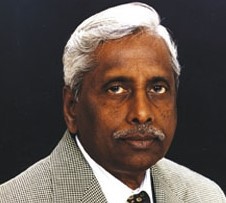
Dr. Modadugu V. Gupta was named the 2005 World Food Prize Laureate for his exceptional achievement in enriching the diets and lives of the world’s most impoverished families. As a prime architect of a “blue revolution” in Asia and around the globe, Dr. Modadugu V. Gupta has increased the protein and mineral content in the diets of over one million of the world’s most impoverished families. His promotion of aquaculture has contributed to the economic and social empowerment of men and women in poor and rural areas. He developed and disseminated low-cost techniques for freshwater fish farming (using tilapia species) by the rural poor.
2014: Dr Sanjaya Rajaram (Indian Scientist 🇮🇳)
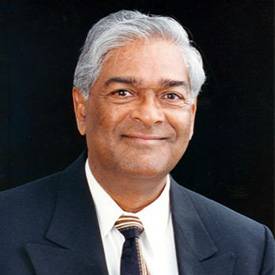
Developed 480 varieties of disease resistant Wheat. His wheat improvement research has helped secure a 1.3 per cent rise in global wheat production per annum in the last four decades. The ‘Veery’ lines resulted from a cross between a Russian winter wheat, ‘Kavkaz’, and a Mexican spring wheat, ‘Buho’. These new lines showed improved resistance to stripe and leaf rust pathogens, which helped create a second generation of high-yielding wheat.
2020: Dr. Rattan Lal (Indian Origin 🇮🇳 USA Soil Scientist)
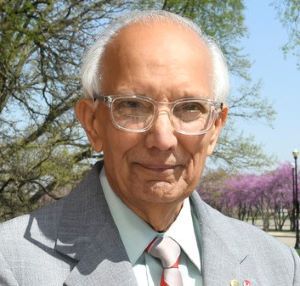
For developing and mainstreaming a soil-centric approach to increasing food production that conserves natural resources and mitigates climate change. His research diverged from the conventional 1970s soil fertility strategy of heavy reliance on commercial fertilizers. His research led a better understanding of how no-till farming, cover crops, crop residues, mulching, and agroforestry can restore degraded soils, increasing organic matter by sequestering atmospheric carbon in the soil, and help combat rising carbon dioxide levels in the air. Dr. Lal has promoted innovative soil-saving techniques benefiting the livelihoods of more than 500 million smallholder farmers, improving the food and nutritional security of more than two billion people and saving hundreds of millions of hectares of natural tropical ecosystems.
2021: Dr. Shakuntala Haraksingh Thilsted (Nutrition Expert from Denmark 🇩🇰)
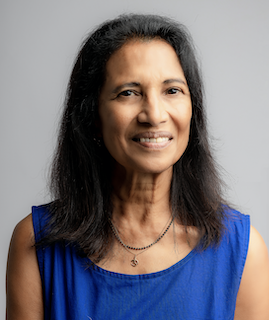
For her achievements her groundbreaking research, critical insights and landmark innovations in developing fish-based holistic, nutrition-sensitive approaches to improve nutrition, health and livelihoods for millions around the world.
Rafi Ahmed Kidwai Award
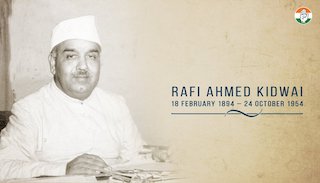
- Created in 1956 by the Indian Council of Agricultural Research (ICAR) instituted in honour of Rafi Ahmed Kidwai.
- Given to Indian researchers in the agricultural field.
- Awards are distributed biennially, and takes the form of medals, citations, and cash prizes.
- After 1952 general election Rafi Ahmed Kidwai became
India's first Food and Agricultre Minister.
SSSE Scientist/ Worker Award
- Swamy Sahajanand Saraswati Extension Scientist/ Worker Award
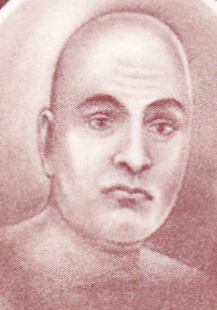
- Created in 1995 by the Indian Council of Agricultural Research (ICAR) instituted in honour of Swami Sahajanand Saraswati.
- Given for outstanding achievements in the field of agricultural education research.
World Food Prize

World Food Prize
- This is an international award recognizing the achievements of individuals who have advanced human development by improving the quality, quantity, or availability of food in the world.
- Since 1987, the prize has been awarded annually to recognize contributions in any field involved in the world food supply: '
- Animal Science/Aqua Culture
- Soil Science/Water/Conservation
- Nutrition/Health
- Plant Science/Seed Science
- Plant Pathology/Crop Protection
- Food Technology/Food Safety
- Policy/Research/Extension
- Infrastructure/Emergency Relief &
- Poverty Alleviation/Hunger
1987: Prof. M. S. Swaminathan (Indian Scientist 🇮🇳)

For introducing high-yielding wheat and …